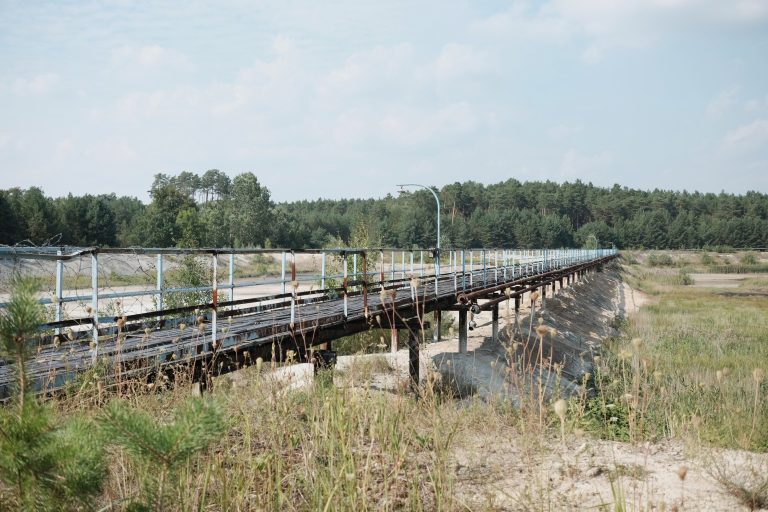Greenhouse gas emissions must be radically reduced! Dramatic appeal of scientists

In order to avoid the dramatic effects of anthropogenic global warming, humanity must radically reduce greenhouse gas emissions. In Poland, the most urgent task is the rapid decarbonization of electricity production, because due to the dominant role of coal, the energy sector has the largest share in greenhouse gas emissions – write specialists from the Polish Academy of Sciences.
In a special announcement, the interdisciplinary Advisory Team on the Climate Crisis of the President of the Polish Academy of Sciences, chaired by Prof. Szymon Malinowski from the University of Warsaw commented on the prospects for decarbonization of electricity generation in Poland.
– As widely accepted and well-documented scientific research results show, humanity, in order to avoid the most dramatic effects of anthropogenic global warming, must radically reduce greenhouse gas emissions by half within a 10-year period, and ultimately to zero by 2050 – remind the team members and they add that this task also faces Poland.
Decarbonization of the economy – they emphasize – must concern all its branches. According to them, the most urgent task in Poland is the rapid decarbonization of electricity production, because due to the dominant role of coal, the largest – 45 percent The energy sector contributes to greenhouse gas emissions (29% on average in the European Union).
However, the team’s representatives point out that the transformation of the energy industry must take into account the energy security of the country and its citizens. The need to quickly move away from fossil fuels in the energy sector results not only from concern for the climate, but also from economic and technical reasons.
Decarbonization of the energy sector must occur at a faster pace than suggested by the government document PEP2040, which assumes incomprehensible restrictions on the rapid development of onshore wind energy and photovoltaics. It is also necessary to intensify activities that increase energy savings, point out PAN experts.
The energy transformation in Poland should take into account all non-emission energy sources, both renewable energy and nuclear energy, say scientists.
Wind farms and photovoltaics
Since nuclear energy will provide energy not earlier than in a dozen or so years and will cover only part of the growing demand for electricity, the construction of offshore wind farms should be accelerated immediately, as well as the development of wind energy on land should be unblocked and supported. “Photovoltaics is developing very quickly and its current support seems to be sufficient. However, regulations should be introduced that would enable residents of multi-family buildings and housing estates to participate in energy production as collective prosumers in order to include civic capital in the energy transformation process to the greatest extent possible,” they write.
Since the production of electricity from wind and solar is variable, in parallel to the increase in the power of these sources, it is necessary to invest in peak/balancing energy sources and its storage, as well as the possibility of using surpluses of energy produced – they emphasize.
These sources include: peak gas power plants (with the possibility of co-firing hydrogen), battery storage, and the possibility of maintaining some of the newest coal-fired power plants as a reserve in the event of long shortages of renewable energy.
According to PAN experts, one of the priorities of the energy transformation should be the modernization and expansion of transmission networks, including adapting them to the increasing dispersion of electricity sources.
Nuclear energy
In Polish environmental conditions, due to the lack of possibilities for significant development of hydropower and geothermal energy, low sunshine in the cold season and long windless periods in a large part of the European continent, nuclear energy should play an important role in completing decarbonization. Therefore, it is necessary – emphasize the authors of the communication – systematic work across political divisions on its safe development and building social support for this solution.
“Rapid energy transformation is an opportunity to involve new entities and social groups in the energy generation process and for sustainable local development. At the same time, it will cause many social tensions, especially in sectors and regions dependent on coal-based energy and mining, and may also result in energy poverty among some social groups. An important element of the transformation should be an appropriate policy encouraging the use of local development opportunities and mitigating undesirable social effects,” we read in the summary of the communiqué.
The full text of the announcement is available on the website.





